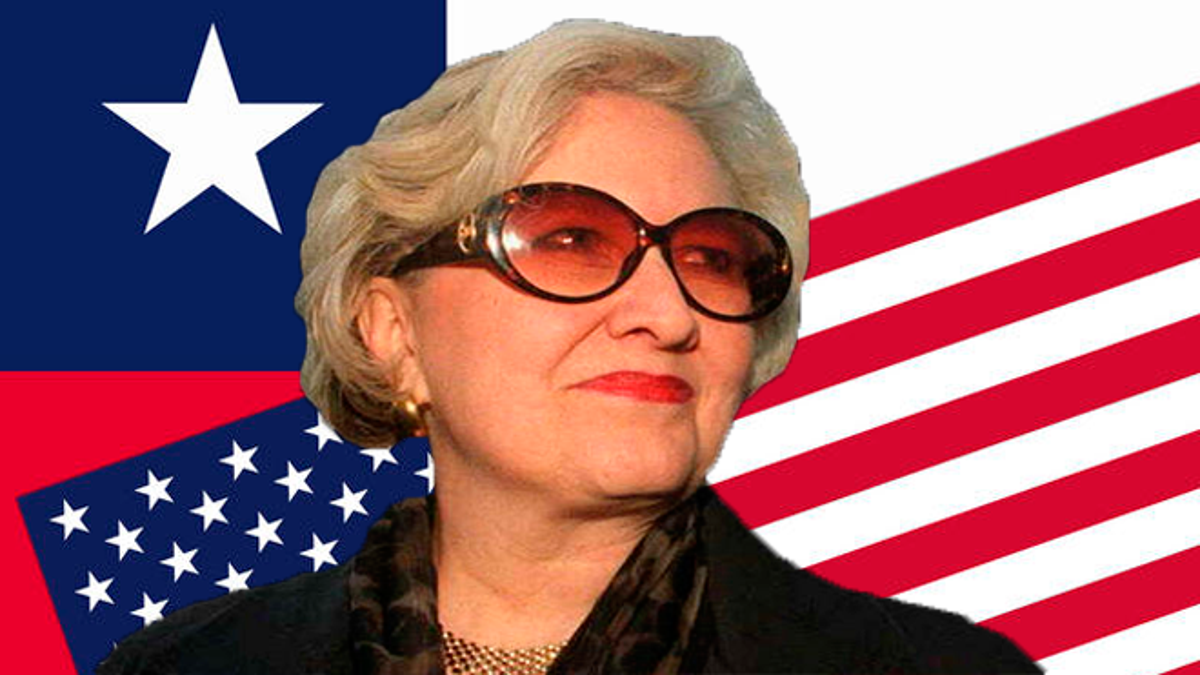
(AP2013)
The wife an American man killed by the Chilean armed forces in the days following the 1973 coup that put in power the military dictatorship of Gen. Augusto Pinochet said she was pleased that someone was finally brought to justice.
A Chilean judge earlier this week handed down sentences for two of its former intelligence service officers in the killing of Joyce Horman’s husband, Charles, and another American, Frank Teruggi, who were killed by the Chilean military dictatorship in September of 1973. Horman’s wife told Fox News Latino she hopes the prosecutions in the Chilean court will help convict others accused of human rights abuses.
“I hope this ruling will strengthen prosecutions for these crimes and stop these types of crime,” Horman told Fox News Latino.
The 276-page ruling, issued on Jan. 9 but not made public until Wednesday after all those involved had been notified, sentenced retired army intelligence officer Pedro Espinoza to seven years in prison for the killings of the two Americans. The court document also sentenced former Chilean Air Force intelligence officer Rafael González to two years of police supervision for being an accomplice in Horman’s murder.
The Horman and Teruggi murders gained international attention in the early days of Chile’s military dictatorship in part because of the struggle for truth by the families of the victims and also because of the long-held belief that U.S. officials were complicit in the killings.
“The memories are still very fresh in my mind,” Joyce Horman said. “It’s been almost 42 years and for a longtime everyone resisted pursuing an investigation as long as possible.”
“There’s still gaps in the investigation that we know need to be filled,” she added.
At the time of his death Horman, 31, and Joyce were living in Chile and he was working as a filmmaker and journalist researching political murders and writing for the country’s state-run Chile Films. His death inspired the 1982 film “Missing” with Jack Lemmon and Sissy Spacek, which won an Academy Award for Best Writing and was nominated for Best Picture.
“Charles was a clean-cut, hard-working guy,” said Larry Birns, who was in Chile at the time of the coup and is now the director of the Washington D.C.-based think tank the Council on Hemispheric Affairs. “He wasn’t part of a group that wanted to influence U.S. policy in the country.”
Teruggi, who was 24 when he was killed, was an anti-war activist and graduate of the California Institute of Technology who was studying economics in Chile under the democratically-elected socialist President Salvador Allende.
The sentence by the Chilean court stated that Chilean intelligence officials considered both Americans to be conducting subversive activities and called for their detention shortly after Allende’s government was overthrown. Horman’s death was ordered by the Intelligence Department of Chile’s Joint Chiefs of Staff and “carried out by the Military Intelligence Batallion or the Army Intelligence Headquarters” and Teruggi was killed after being taken to the infamous National Stadium in the Chilean capital of Santiago, where some 40,000 people were detained during the military Junta, according to the judge’s ruling.
Since the murders occurred in 1973 there has been widespread speculation and investigations in Chile into how involved the U.S. government was in the killings of Horman and Teruggi.
Then-Secretary of State Henry Kissinger and the CIA were heavily involved in the overthrow of Allende and help bring Pinochet to power, but the U.S.’ continued participation in the internal politics of the country continues to be a source of inquiry.
The Chilean ruling said the murders were part of a “secret investigation” on the two men’s political activities in Chile by the U.S. Military Group operating in Santiago and under the command of Navy Capt. Ray Davis, with the information then being passed to Chilean operatives. Davis was indicted by a Chilean court in 2011 and the country requested his extradition from the United States. But, in a strange twist of fate, he was found to have been living in a nursing home only miles away from the courtroom and died there in 2013.
“It was another bizarre element to this extraordinary and bizarre case,” Peter Kornbluh, the director of the National Security Archive's Chile Documentation Project and the author of “The Pinochet File: A Declassified Dossier on Atrocity and Accountability” told Fox News Latino.
Declassified State Department documents from 1980 reveal part of what the U.S. knew concerning Horman’s death: “This case remains bothersome…U.S. intelligence may have played an unfortunate part in Horman’s death.”
In June of 2014, a Chilean court found that Davis alerted his Chilean liaison, Raúl Monsalve, a naval intelligence officer, with information on both Horman and Teruggi based on FBI and other United States intelligence from an investigation into alleged subversive activities by the two men. Mosalve, who has since died, passed the information on to Chile’s Intelligence Department of the Joint Chiefs of Staff.
Following Horman’s death, his wife and father, Ed, became spokespeople for justice for the victims of human rights atrocities in Chile and helped start up the Charles Horman Truth Foundation. In December of 2000, Horman filed a legal complaint against Pinochet – who died in 2006 – for the unresolved murder of her husband
“There’s legal justice and there’s the verdict of history,” Kornbluh said. “The families of the victims would have wanted more closure on both ends.”







































